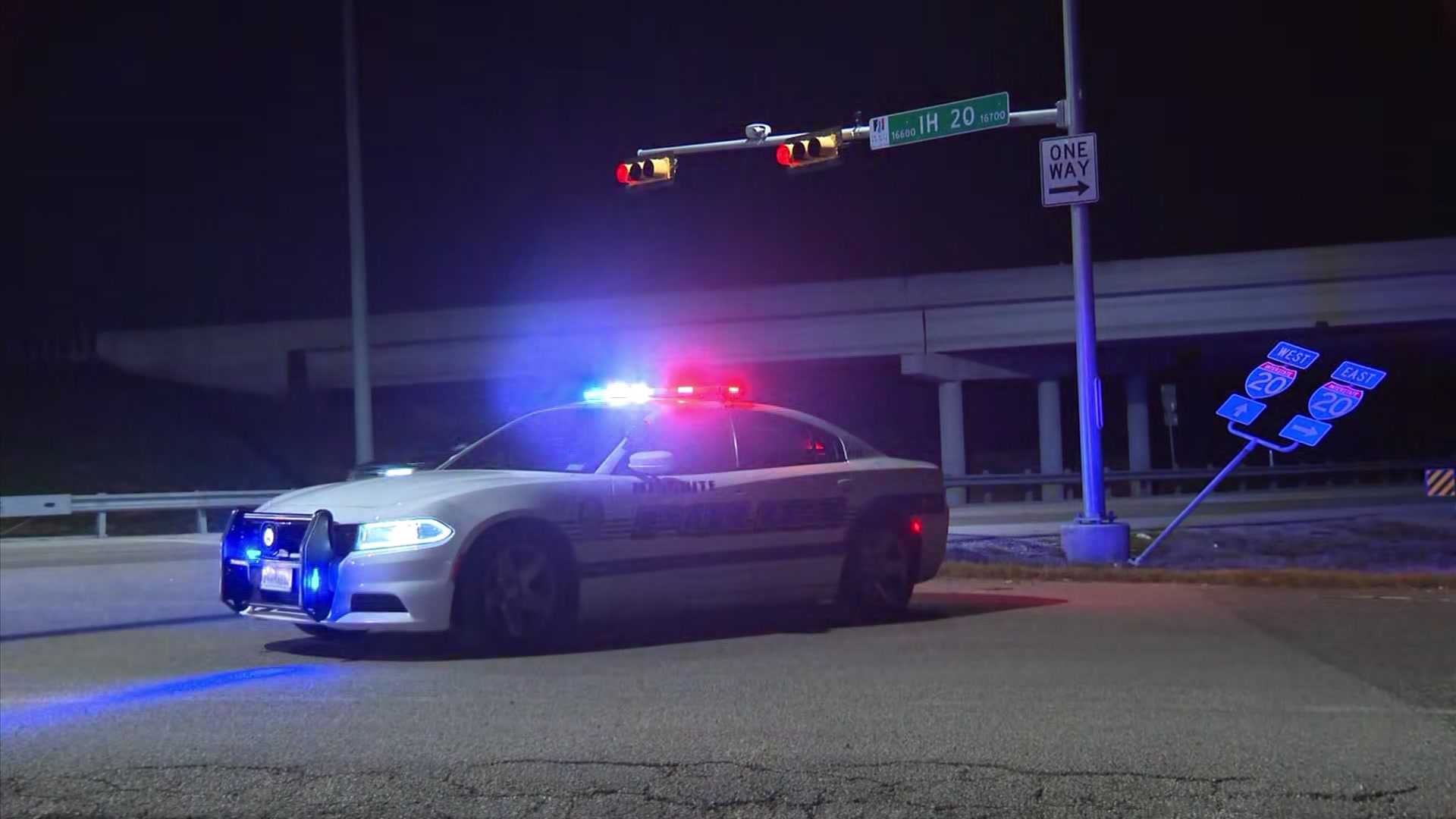Texas Attorney General Ken Paxton is suing the city of Dallas over its ballot measure to decriminalize small amounts of marijuana. NBC 5’s Sophia Beausoleil has the details.
Texas Attorney General Ken Paxton filed a lawsuit against the City of Dallas and local officials on Wednesday for adopting a city charter amendment that aims to decriminalize marijuana-related offenses.
Earlier this month, Dallas voters decided to decriminalize small amounts of marijuana, 4 ounces or less, making the city one of the largest in the country to do so. The ballot measure, known as Proposition R, passed with 66% support on Nov. 5.
The proposition would prohibit Dallas police from using the scent of weed as probable cause to search or seize items or to make an arrest or citation for pot if a felony isn’t involved.
According to the Texas Attorney General's office, the proposition would prohibit police from enforcing Texas law.
Get top local stories in DFW delivered to you every morning. >Sign up for NBC DFW's News Headlines newsletter.
Paxton's office said in a statement on Thursday morning that "municipalities cannot refuse to enforce Texas drug laws concerning the possession and distribution of marijuana—an illicit substance that psychologists have increasingly linked to psychosis and other negative consequences."
"Texas Local Government Code forbids any political subdivision from adopting 'a policy under which the entity will not fully enforce laws relating to drugs.' Further, the Texas Constitution makes it unlawful for municipalities to adopt ordinances that are inconsistent with the laws enacted by the Texas Legislature (Article XI, Section 5)," the Texas Attorney General's office said in a statement on Thursday.
Paxton has already sued other cities, like Austin and Denton, for passing similar pot measures since the substance is still illegal on a state and federal level.
Local
The latest news from around North Texas.
"Cities cannot pick and choose which state laws they follow," Paxton said. "The City of Dallas has no authority to override Texas drug laws or prohibit the police from enforcing them. This is a backdoor attempt to violate the Texas Constitution, and any city that tries to constrain police in this fashion will be met swiftly with a lawsuit by my office.”
Advocates of the measure believe the lawsuit is a waste of time, citing how a two judges in Hays and Travis Counties dismissed similar lawsuits over the summer.
"It's unfortunate that, you know, Attorney General Paxton is focusing the state's resources on filing this lawsuit instead of dealing with some of our state priorities. That is a shame," said Amy Kamp with Ground Game Texas an advocacy organization that helps with different ballot measure campaigns.
"This is not legalization of marijuana. This is not changing state law. This is just regarding enforcement policy and discretion within the city," said Kamp.
On Nov. 19, the Dallas City Council rejected an effort to add language to the resolution that would have limited the city from enacting Proposition R. The vote came as the City Council completed the required procedure of canvassing the Nov. 5 election results and approving payments to the Dallas County Elections Department for administering the general election.
The mayor and two council members had concerns about the amendment after seeing the state sue other cities for similar measures.
"I was concerned that even though the voters did support Proposition R that it seemed to preempt state law and so I wanted to raise that issue and be sure that even though it may not have passed that at least it was on the radar," said councilmember Gay Donnell Willis of district 13.
"One thing that I don't know if people may understand about it, even though that proposition has to do with enforcement, if an officer has probable cause to believe that a substance is marijuana, they can still seize it. So they can release the person and not cite them, but they will also be able to confiscate that material. So I think if there is something in that equation that might give some comfort to those who didn't support Prop R, that might be it," said Donnell Willis.
Activists believe regardless, it's up to the voters to decide.
"I think that that's something that's also very frustrating. You know, like this is democracy in action, like 67% of Dallas voters voted for this. This is absolutely what the city of Dallas wants, and so it seems very unfair to try to overturn what people want so badly with a meritless lawsuit," said Kamp.
"I definitely hope the support comes in and we stick to the facts, one, two, three. The ordinance decriminalizes misdemeanor amounts. Smell cannot be used as probable cause to search a person, and the police are required to report on this at least quarterly to the Office of Police Oversight, and the circumstances on how people are being arrested," said Tamara Neal with Ground Game Texas.



